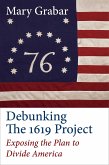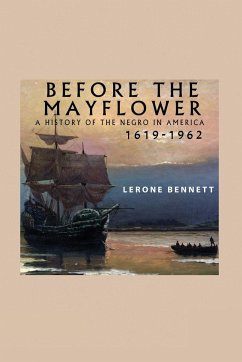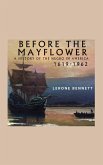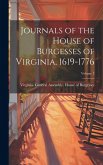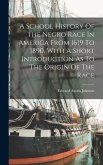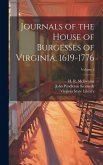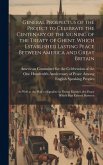Economic historian Phil Magness tackles the many falsehoods and misconceptions of the New York Times 1619 Project, a progressive political project that attempts to rewrite the American founding story as one of oppression (1619), rather than liberation (1776). When historical discussions devolve into partisan identity politics, Magness steps up to apply his decades of rigorous scholarship. Magness's critique caused the New York Times to recall and quietly revise portions of the text, including outright factual errors ignored by the editors. But more importantly, the book aims to reignite a worthwhile conversation on the consequences of slavery and abolition in the United States -- one based in intellectual humility and factual history, not an ideological agenda.
Hinweis: Dieser Artikel kann nur an eine deutsche Lieferadresse ausgeliefert werden.
Hinweis: Dieser Artikel kann nur an eine deutsche Lieferadresse ausgeliefert werden.

